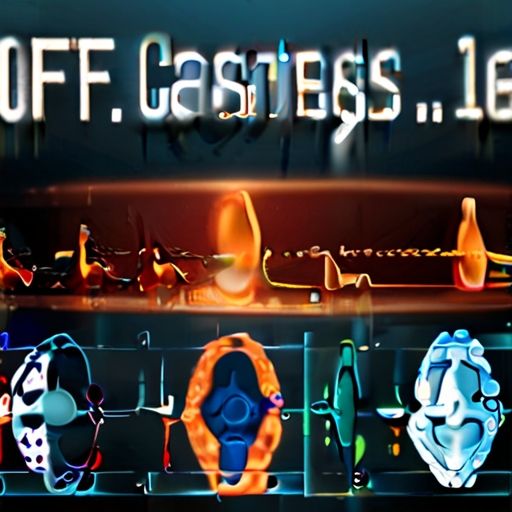Gastric cancer, also known as stomach cancer, is a silent killer that often goes undetected until it reaches advanced stages. Recognizing the signs and symptoms early on can make a significant difference in the outcome of the disease. In this article, we will explore 9 common signs of gastric cancer that you should be aware of.

Persistent Indigestion
One of the early signs of gastric cancer is persistent indigestion that does not go away with over-the-counter remedies. The feeling of discomfort or burning in the upper abdomen may be accompanied by bloating, nausea, or heartburn. If you experience ongoing digestive issues, it is essential to consult a healthcare professional for further evaluation.
Unexplained Weight Loss
Sudden and unexplained weight loss without changes in diet or exercise could be a red flag for gastric cancer. Cancer cells can alter the metabolism and lead to unintentional weight loss. If you notice a significant drop in weight without trying, it is crucial to see a doctor to rule out underlying health conditions.
Abdominal Pain
Persistent or recurrent abdominal pain, especially in the upper abdomen, can be a symptom of gastric cancer. The pain may come and go, or it could be constant and severe. If you experience ongoing abdominal discomfort, it is important to get it checked by a healthcare provider to determine the cause.
Loss of Appetite
A sudden loss of appetite or feeling full even after eating small amounts of food can be a sign of gastric cancer. Cancer cells may affect the stomach's ability to empty properly, leading to a decreased interest in eating. If you experience a loss of appetite that lasts for an extended period, consult a doctor for proper evaluation.
Nausea and Vomiting
Persistent nausea and vomiting, especially after meals, can be indicators of gastric cancer. These symptoms may be accompanied by a feeling of fullness or bloating. If you experience recurrent episodes of nausea and vomiting without a clear cause, it is essential to seek medical attention to determine the underlying issue.
Blood in Stool
Finding blood in your stool can be a concerning sign of gastric cancer. The blood may appear bright red or dark, indicating different potential causes. If you notice blood in your stool or changes in stool color, it is crucial to see a healthcare provider for further assessment and testing.
Difficulty Swallowing
Difficulty swallowing, also known as dysphagia, can be a symptom of gastric cancer as the tumor grows and obstructs the passage of food through the esophagus. You may feel like food is getting stuck in your throat or chest, making swallowing painful or challenging. If you experience persistent difficulty swallowing, it is important to consult a doctor for a thorough evaluation.
Fatigue and Weakness
Chronic fatigue and weakness that do not improve with rest can be signs of gastric cancer. Cancer cells can affect the body's energy levels and lead to constant feelings of tiredness. If you find yourself constantly fatigued despite adequate sleep, it is essential to seek medical advice to determine the underlying cause.
Jaundice
Jaundice, characterized by yellowing of the skin and eyes, can be a rare but severe sign of advanced gastric cancer. The yellow discoloration occurs when the tumor blocks the bile ducts, leading to a buildup of bilirubin in the bloodstream. If you notice signs of jaundice, such as yellow skin or eyes, seek immediate medical attention for a comprehensive evaluation and treatment.